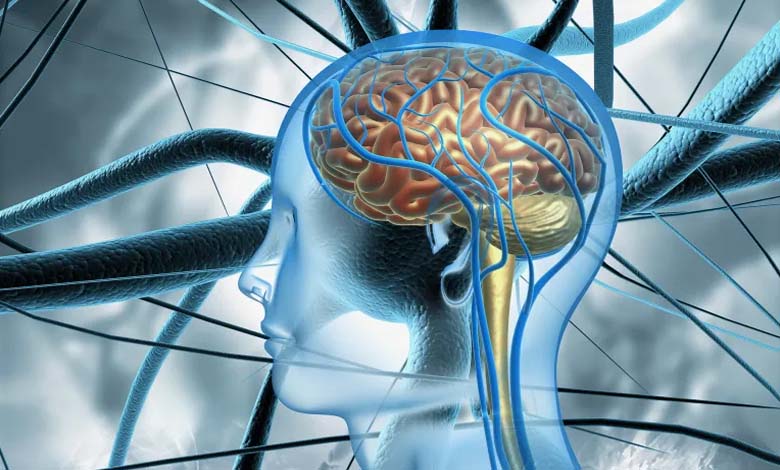Loss of Cholesterol in the Brain: A Possible First Spark for Alzheimer’s Disease

Alzheimer’s disease, the most common form of neurodegenerative dementia, remains only partially understood in terms of its initial mechanisms. Recent research suggests that early disturbances in brain lipid metabolism, particularly the loss or reduction of cholesterol within the brain, may represent one of the earliest triggering factors in this devastating disorder.
-
Can Alzheimer’s Disease Affect People at a Young Age?
-
Eating One Egg a Week May Reduce the Risk of Alzheimer’s Disease
Cholesterol is a lipid molecule essential for the structure and function of cell membranes throughout the body, and especially within the central nervous system. Unlike circulating blood cholesterol, brain cholesterol is primarily synthesized locally by astrocytes—glial cells that support and nourish neurons. This cholesterol is critical for synapse formation, neuronal plasticity, and cellular signaling.
Disruption of cerebral cholesterol homeostasis—whether through decreased synthesis, impaired transport, or dysregulation—can lead to progressive neuronal dysfunction. Cholesterol contributes to the formation of lipid rafts, membrane microdomains rich in cholesterol and sphingolipids, which are crucial for synaptic transmission and the organization of neuronal receptors.
-
3 Simple Steps to Reduce the Risk of Developing Alzheimer’s
-
Lack of Deep Sleep May Increase the Risk of Developing Alzheimer’s Disease
Several studies have highlighted the importance of apolipoproteins, particularly ApoE, which shuttle cholesterol between brain cells. The ApoE ε4 allele, the major genetic risk factor for Alzheimer’s disease, is associated with reduced cholesterol transport efficiency, partly explaining the heightened vulnerability of carriers.
Neuronal cholesterol deficiency also promotes abnormal aggregation of amyloid-beta peptides (Aβ) and excessive phosphorylation of tau protein—two hallmark pathological features of Alzheimer’s disease. Lipid imbalance affects the fluidity of neuronal membranes and disrupts enzymatic pathways responsible for amyloid precursor protein processing, thereby exacerbating the formation of neurotoxic amyloid plaques.
-
This Habit Helps Keep Alzheimer’s Symptoms Under Control
-
Used Coffee Grounds May Be a “Good” Solution for Alzheimer’s
Furthermore, cholesterol loss may compromise the integrity of the blood-brain barrier, allowing entry of pro-inflammatory lipids and pathogenic agents into the brain, thereby intensifying neurodegenerative inflammation.
This innovative concept positions cerebral cholesterol loss not merely as a secondary consequence but as a potential initiator of the neurodegenerative cascade—the “first spark” that triggers the progressive course of Alzheimer’s disease.
-
New Blood Test Platform: A Step towards Early Diagnosis of Alzheimer’s disease
-
Fish oil protects the elderly from Alzheimer’s Disease
This understanding opens new therapeutic avenues. Targeting brain cholesterol synthesis, transport, or regulation may slow or even prevent symptom onset. Numerous studies are underway to develop treatments that restore cerebral lipid homeostasis, enhance apolipoprotein function, or protect the blood-brain barrier.
In conclusion, the loss of cholesterol in the brain represents a significant advance in understanding Alzheimer’s disease origins. Recognizing this lipid alteration as a key early event directs biomedical research toward innovative prevention and management strategies, offering renewed hope against this global health challenge.












